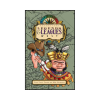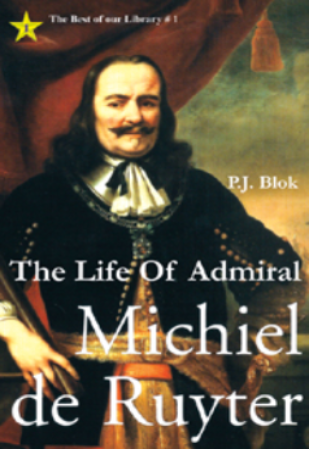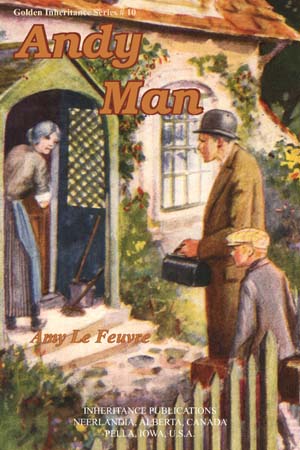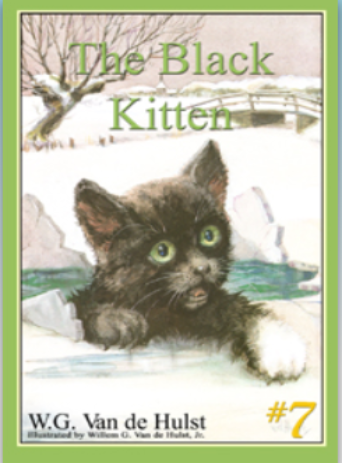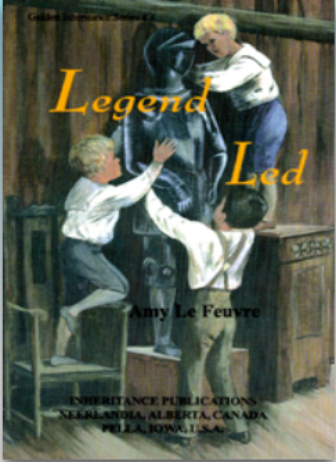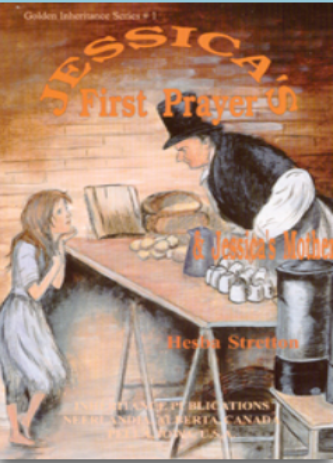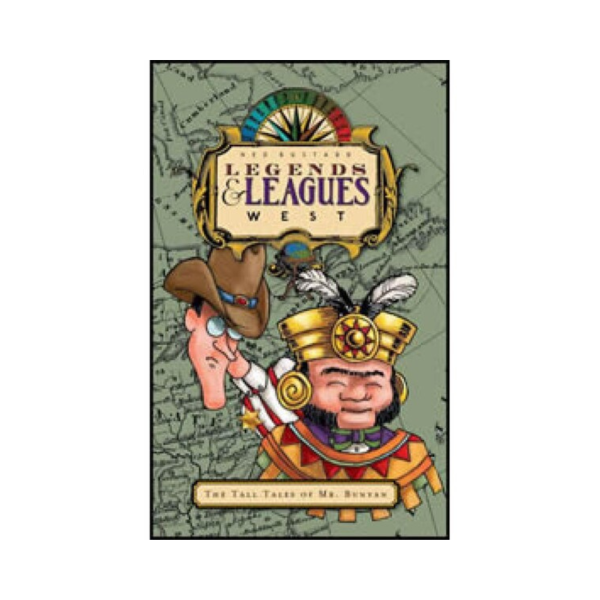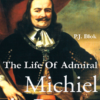-
Legends and Leagues: West - Storybook $20.95 QTY: 1Quantity
The Life of Admiral Michiel de Ruyter
The Dutch people remember Michiel Adriaansz De Ruyter not only as a great naval hero, one of the very greatest of all times, praised as imrriensi tremor Oceani, a “terror of the ocean,” “Hercules of the Seas,” as he was called in those days of grandiloquence, it prefers to think of him in the affectionate spirit which is so well conveyed by the name Bestevaer, “Dear Father,” given to him by his own sailors, as it had also been given to his glorious predecessor, Marten Harpertsz Tromp.
He was not only a model of pure patriotism, of devotion to duty, of unflinching courage, an incomparably balanced mixture of audacity and prudence, a perfect hero, a great sailor, and a born leader in battle. He was also a noble man, a character without blemish, honest and direct, faithful and just, upon whom everybody, low or exalted, could rely implicitly. He was simple, humble, pious as well as frank, and all those who knew him praise him as a model father not only to his own family but to the men of the fleets he commanded. He was indeed a model of those middle-class virtues and personal characteristics which the Dutch have always valued so highly.
$28.95
Available in stock
Description
The Best of Our Library Titles
The Life of Admiral de Ruyter
James Chalmers
Abraham Kuyper
The Persecutor
Jan Smuts
Additional information
| Weight | .4 kg |
|---|---|
| Dimensions | 6 × 9 × .6 in |
| ISBN | 9781928136620 |
| Published Date | 2016 |
| Author | P.J. Block |
| Publisher | Inheritance Publications |
| Format | Paperback |

